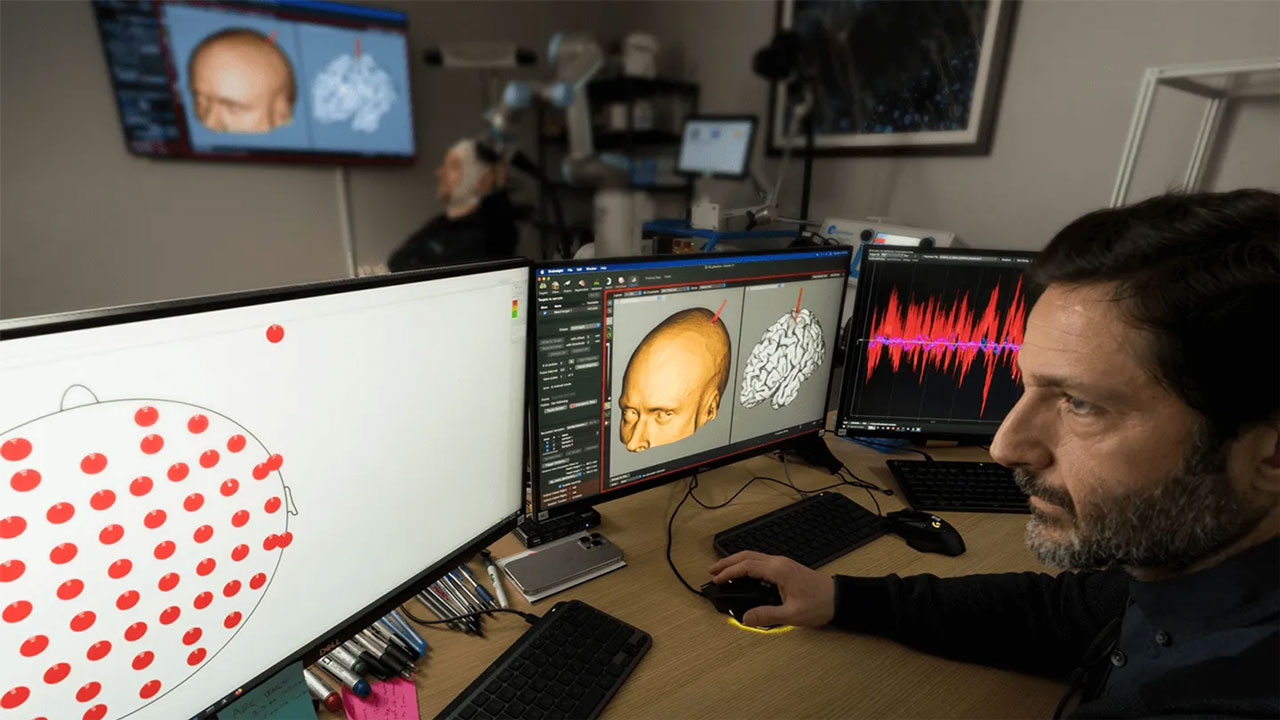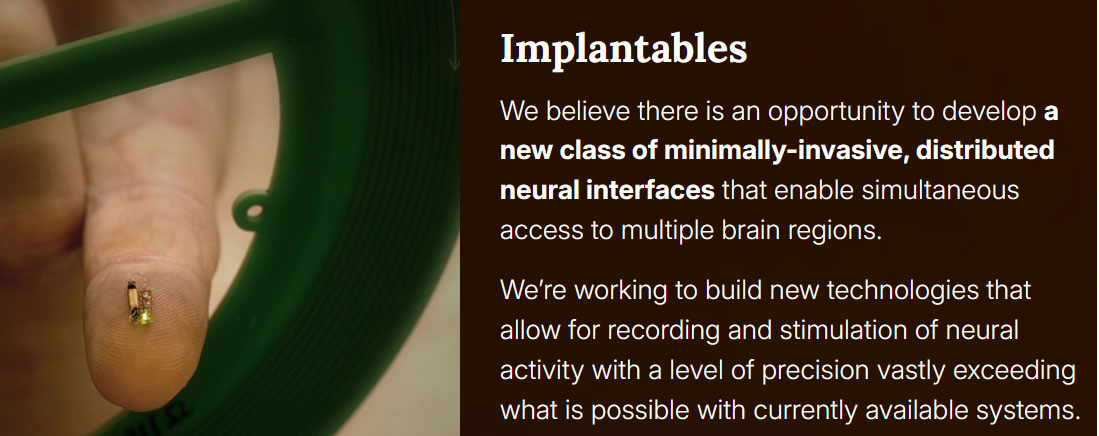Starfish Neuroscience, a startup co-founded byValveCEO Gabe Newell, has published an article revealing thefirst detailsof its brain-computer interface (BCI) chip.
The firm proposes a “new class of minimally-invasive, distributed neural interfaces that enable simultaneous access to multiple brain regions.” Moreover, a Starfish BCI could be the first fully wireless, battery-free implant available, if all goes to plan. According to its blog, the startup’s first chips are expected to arrive “in late 2025.” Perhaps the relationship with Newell means related tech will eventually find its way into gaming headsets and controllers.

In its report on the Starfish BCI news,The Vergenotes that Newell’s fascination with BCIs began over 10 years ago, and that Valve once considered adding earlobe monitors to itsVR headsetproducts. As recently as 2019, Valve also publicly explored BCIs for gaming. Later the same year, Newell incorporated Starfish Neuroscience, and we are now seeing the first fruits as it emerges from stealth.
In its new blog post, Starfish says its BCI has the opportunity to do well thanks to two key features, its minimal size and the eschewing of built-in battery power. In regular use, the Starfish processor will consume just 1.1mW, it says. That contrasts with theNeuralink N1, which uses around 6mW.

The startup also thinks that its smaller, lower power BCI implant(s) may work best connected to multiple parts of the brain simultaneously. For use in medical therapy, this multi-zone methodology could address human brain issues which affect several areas of the brain, like Parkinson’s disease.
Starfish isn’t so bold as to think it can go it alone with its new processor andBCI system. Rather, its blog floats the idea of collaborators on wireless power delivery and communication, and on custom implanted neural interfaces. It also admits “there is tons of work yet to be done here,” and is looking for employees, as well as partners, to boost its fortunes.

FollowTom’s Hardware on Google Newsto get our up-to-date news, analysis, and reviews in your feeds. Make sure to click the Follow button.
Get Tom’s Hardware’s best news and in-depth reviews, straight to your inbox.
Mark Tyson is a news editor at Tom’s Hardware. He enjoys covering the full breadth of PC tech; from business and semiconductor design to products approaching the edge of reason.